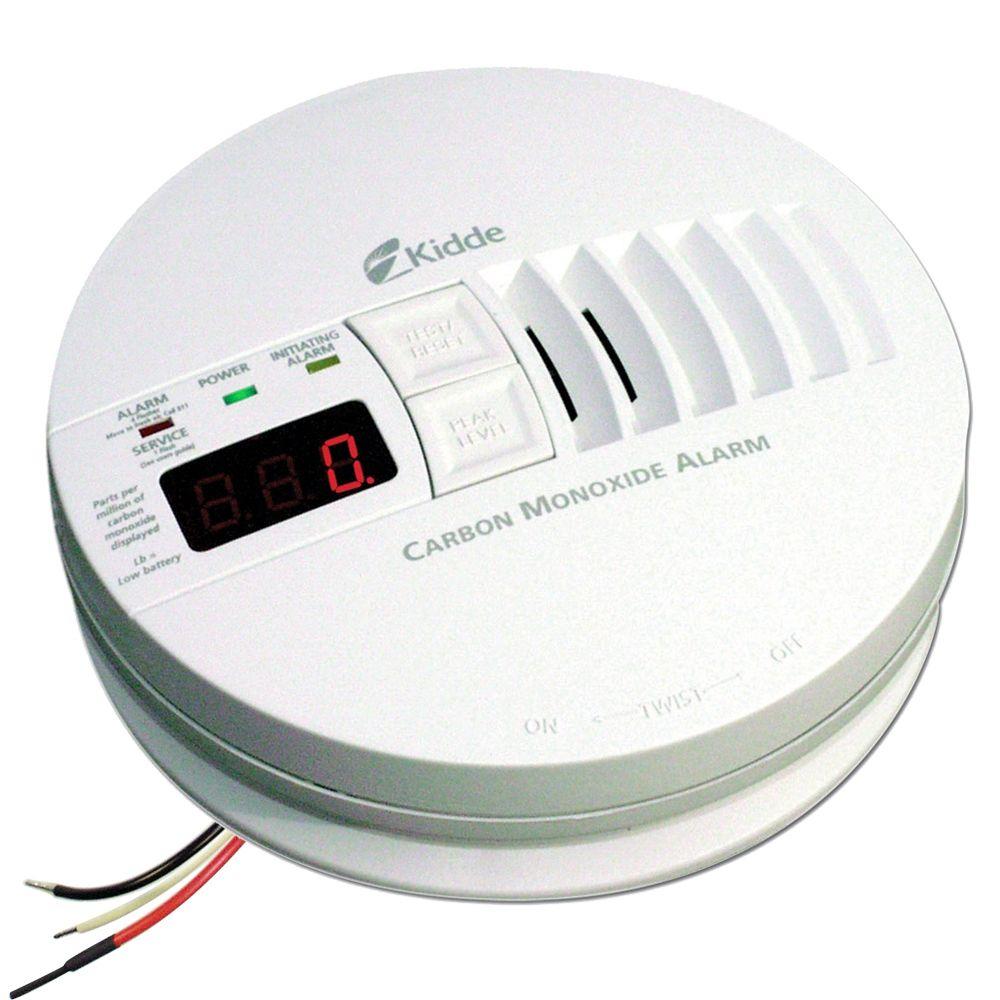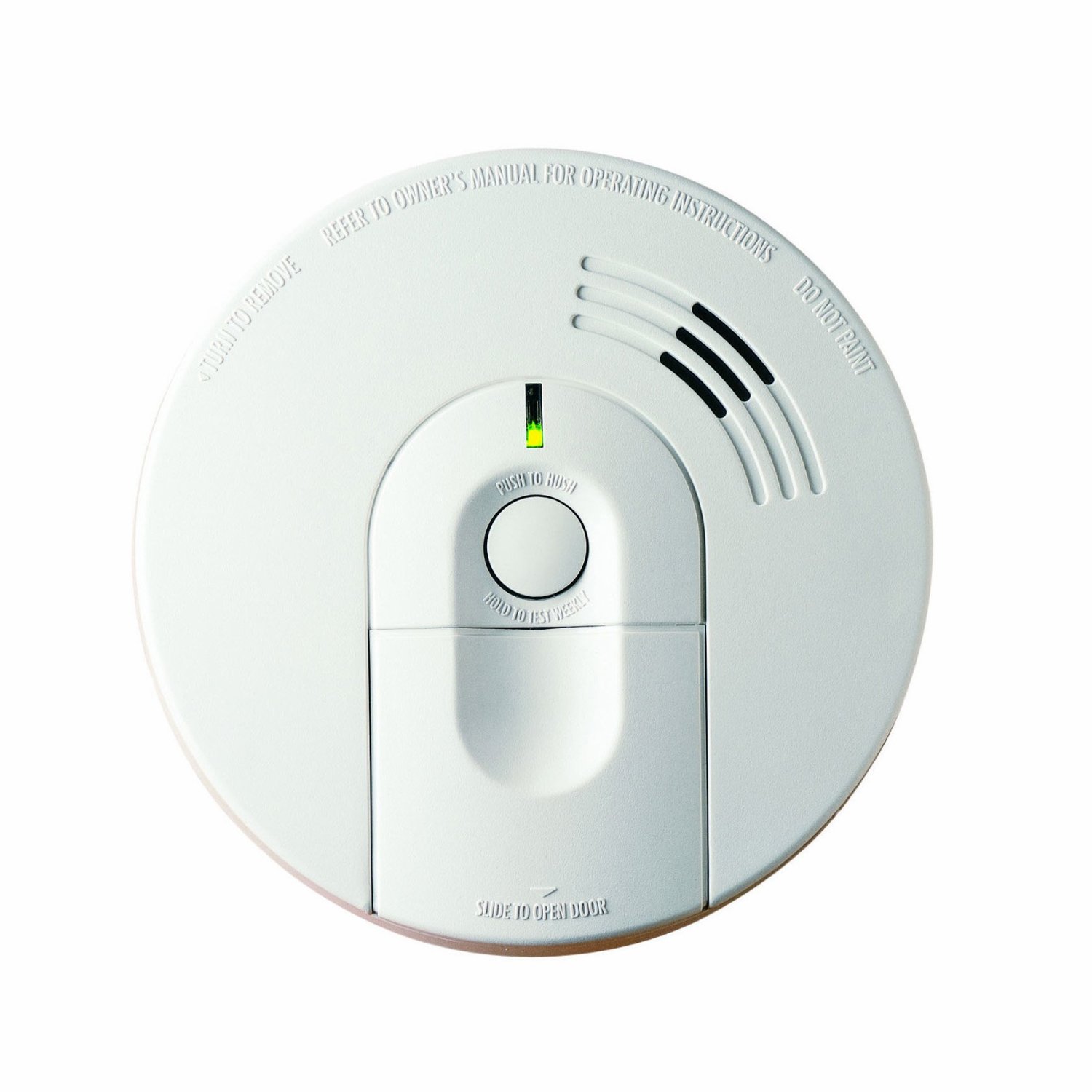Gas Safety

Updated:
Before you do anything with gas, understand that it can kill you. Compressed flammable gas bottles constitute a serious risk of fire, explosion and suffocation. If in doubt, consult a certified gas installer before undertaking any work involving gas.
If You Smell Gas
Do not turn anything electrical ON OR OFF. DO NOT USE CENTRAL LOCKING or any other electrical device while you can smell gas.
The tiniest spark could cause a MASSIVE EXPLOSION!
If you're going with gas for your kitchen, you need to take it seriously. Gas can kill in a variety of interesting ways, so if you'd rather it didn't, read on.
The Obvious Stuff
Flammable gas is obviously a fire risk, and compressed bottles are technically an explosion risk, too, although the chances of a modern gas bottle exploding are about the same as getting four punctures from four completely different causes at the exact same moment.
But there are other dangers that gas can present, and each has been addressed by clever people. Let's have a look.
Carbon Monoxide
Not to be confused with Carbon Dioxide (CO2), Carbon Monoxide (CO) is a deadly gas that can creep into your living space, if your gas system is not safely sealed. CO can leak from dodgy piping or even from perfectly sealed appliances that aren't burning the gas fully - causing a range of health impacts, ranging from headaches and nausea (if you get fresh air in time) to death (if you don't). Since it has no smell or taste, the only way to know it's in the room with you is to install a CO detector. It looks like a smoke detector, but it alerts you of the presence of CO before the level gets high enough to harm you. The safe level of carbon monoxide is zero.

A simple CO detector - temporary image
There are some who say the CO detector should be placed above the gas supply or most likely point of leakage, and others who say it should be below. The truth is neither. Carbon Monoxide weighs approximately the same as the air around you, and will easily mix with it, meaning that it will be found near the ceiling and floor in roughly equal measure. The only important thing is that the detector be placed near the gas supply or most likely point of leakage, like an X-junction, for example (an X-junction is a four-way joint that allows three gas appliances to be connected to a single gas line. The four connections present a more likely point of leakage than the single connection at the bottle).
If The Alarm Sounds...
Evacuate the van, immediately, and make sure to take any animals with you. The CO leakage doesn't present any danger to your van or other belongings, so don't even think about grabbing your precious devices before getting everyone out. Once everyone is in the fresh air, make sure nobody is dizzy, faint, having trouble breathing or otherwise unwell. If they are, call an ambulance immediately.
With everyone safely out of the van, and the doors and windows open to help reduce the concentration of CO, the fittest among you can go and shut off the gas bottle valve. You don't know where the leak is, yet, so killing the gas feed at source will put an end to it without having to search for the fault. It would be a good idea to remove the gas bottle from the van, in case it is the bottle itself that's leaking, but only do this if you can do so quickly and safely. If your bottle is tied in under a counter, call the fire department and let one of their gas-masked legends deal with it.
Incidentally, it doesn't hurt to have gas masks on board for just such an occasion, although most will find it unnecessary. Full-time bug-out bag owners, you know what I'm talking about ;)
Smoke
You might think that, if there was a fire in your van while you were inside, you'd be well aware of it before any fire alarm would be helpful, but let me tell you this: When I had a small wiring fault in build 2, it could easily have caused my battery to explode, and my smoke alarm brought it to my attention before the melting wire became the melting van.
Smoke doesn't just come from something burning. It can also come from overheating wire, as the plastic insulation melts, or from faulty circuitry burning out inside a shell. Smoke is often present before the fire is visible and a smoke detector, even in a small room like your van, can give you time to react safely.
Unlike CO, smoke rises (it's hot, after all), so your smoke alarm should be placed as close as possible to center of the ceiling, making the distance to any potential fire as small as possible. If you don't have any gas or electricity in the back half of your van, then you might prefer to place the alarm in the center of the front half of the van, instead.

A standard, battery-operated smoke alarm for house or van - temporary image
Alarm Maintenance
Both, CO detectors and and fire alarms, require regular battery checks. If you cook in the van, it's possible that steam from your cooking can cause the battery terminals to corrode quickly, so take the battery cover off and check that the terminals inside are clean and free from corrosion. If they are corroded, the battery may not remain in proper contact with them, and the device could lose power at a crucial time. Don't risk it.
It's also necessary to occasionally press the test button, just to make sure that the alarms are still working properly. I can't say I've ever had an alarm stop working, but there's a test button for a reason.
Gas Maintenance
Gas will leak from any hole along the way from the bottle to the appliance. It's not only the obvious places, like damaged hoses, that can present dangerous leaks. Badly sealed bottles and hoses, old or corroded hoses and pipes, tension or pressure on hoses or pipes, impact along any part of the system, damaged or aging appliances, overheating, sparks and other sources of ignition, contact with certain fluids... all of these can cause dangerous accidents.
The constant motion and vibration of the road can cause pipes and joints to split, whether your appliances are in use or not. Old appliances can also experience fatigue from years of use, leaving seals less than perfect, and rust can compromise any metal parts, including valves and static pipes. Road vibration can even undo bolts and clips, causing hoses to fall off.
Have your gas system checked every year, by a certified gas inspector, and replace anything that isn't up to safety standards before using it again. When gas is concerned, there is no part too expensive and no corner worth cutting. Check every appliance and don't forget the fridge, if yours is using the gas supply (some can be changed between 12v, mains and gas).
Small Canisters
If you carry small gas canisters for portable gas appliances like camping cookers and floor heaters, take extra care when storing them. All the usual risks apply (ignition sources, excess heat (direct sunlight), wires running close to the cans (spark risks)), but with thin-walled canisters, you also have puncture and impact risks that don't affect big bottles. Make sure you don't have anything heavy or sharp in a place where it could fall onto the canisters, when they are in storage. A punctured can will release all its gas fairly quickly but you won't hear it if the engine's running or you have music on.
Jerry's Final Thought
The last point here is to make sure that your gas bottle valve is tightly closed when not in use. If you have small canisters, make sure they are fully disconnected before you put the appliance away. There is always a momentary leak during connection and disconnection of canisters. If the canister is not properly disconnected, that momentary leak can happen over and over again, or can be prolonged by something else pressing against the appliance during storage, resulting in a de-facto gas leak.
Feedback
If there is anything you think should be added to this article, please comment below.
The information contained herein is correct to the best of my knowledge at the time of publication. Your gas system is solely your responsibility and nothing in this article can be considered expert advice or be relied upon in life-threatening situations. Please do your own research and make sure you and everyone you travel with knows how to deal with emergencies quickly and correctly.
Sign In To Leave A Comment
There are no comments marked as public for this item.
Stay Up To Date





 Fire, Cooking, Heating & Gas
Fire, Cooking, Heating & Gas Read around 1,700 times
Read around 1,700 times For Everyone
For Everyone